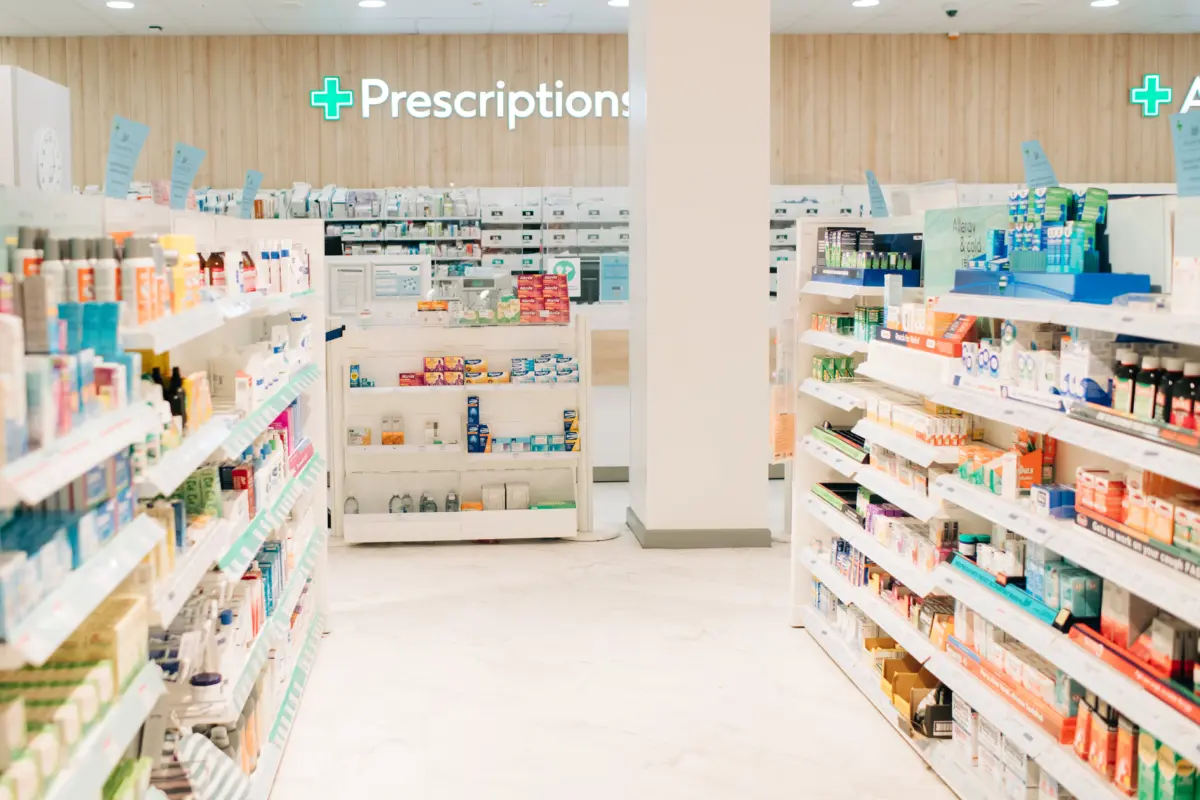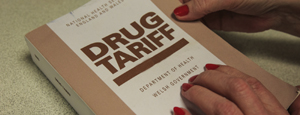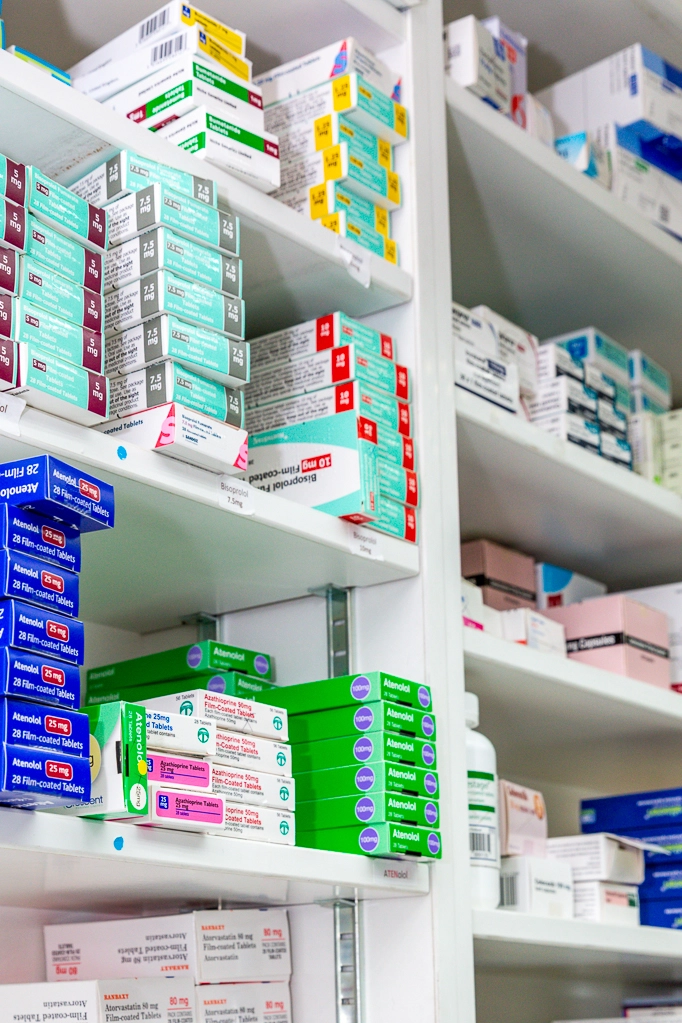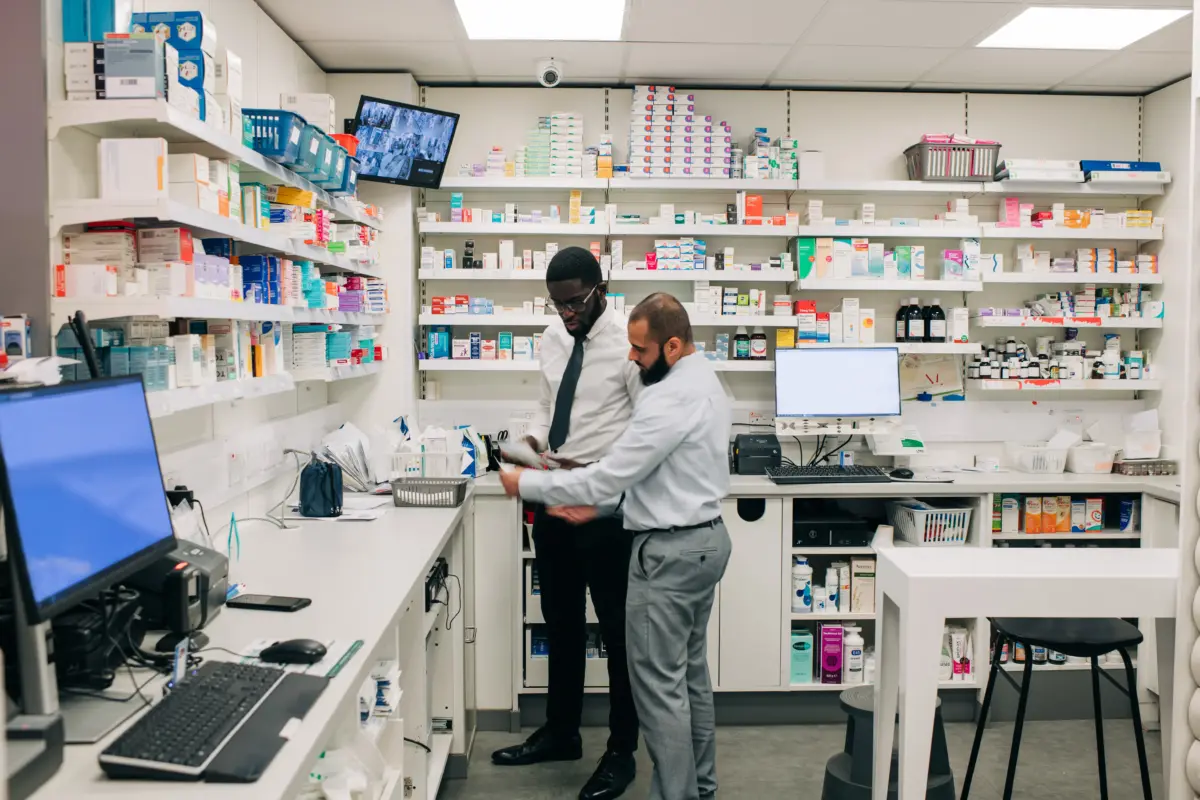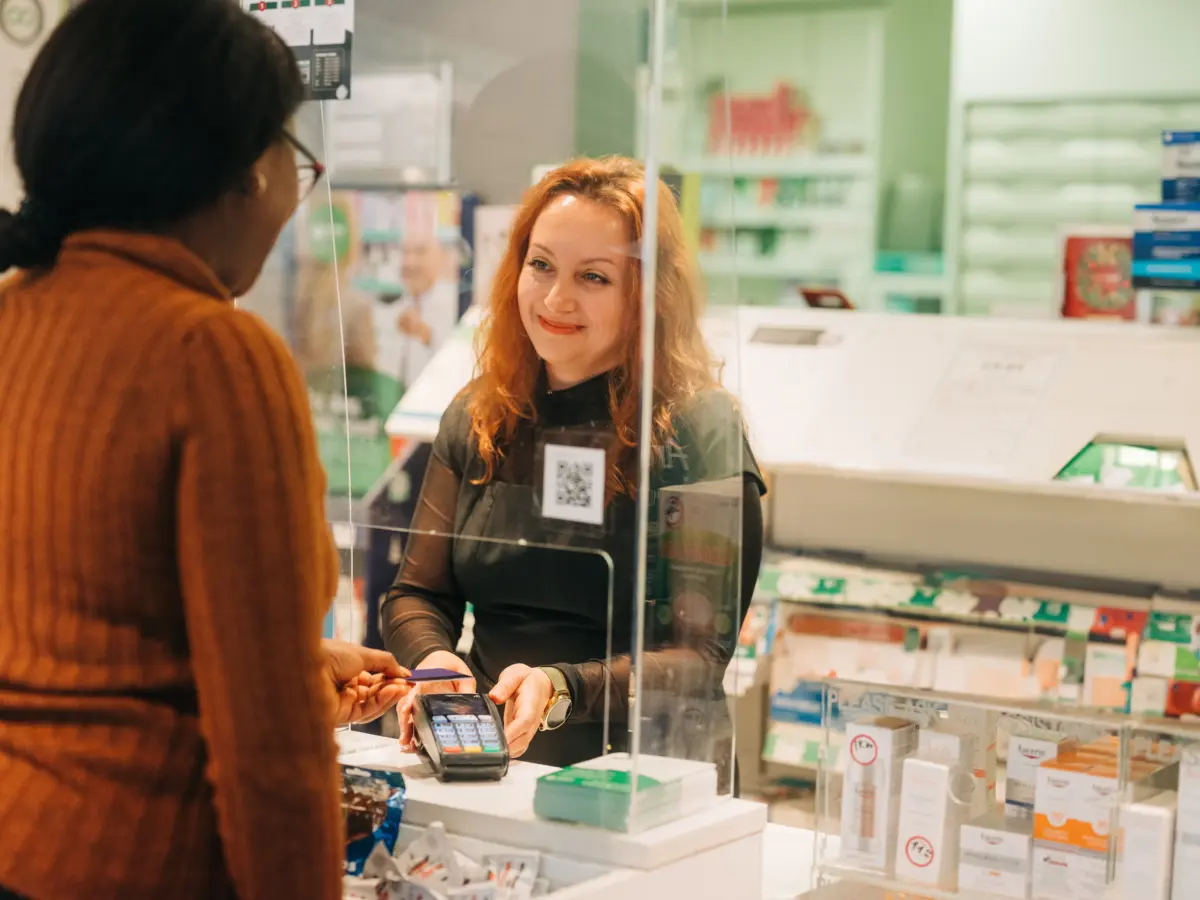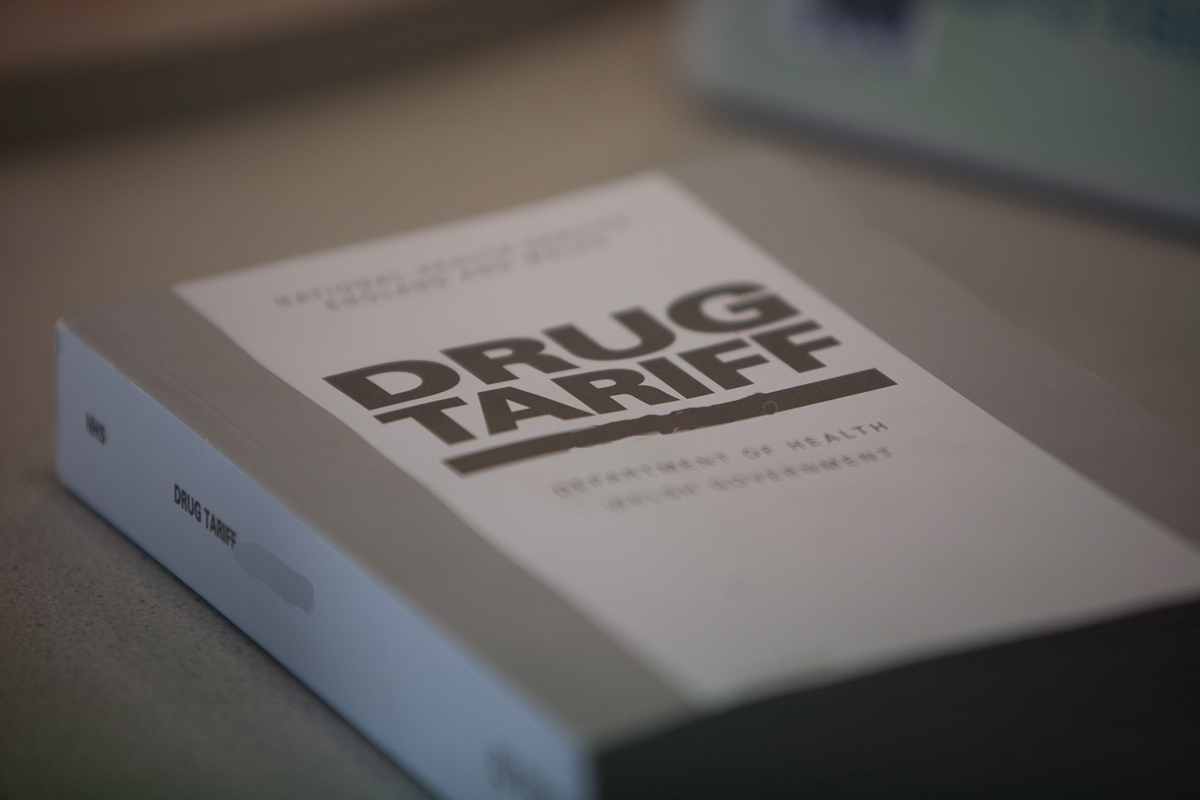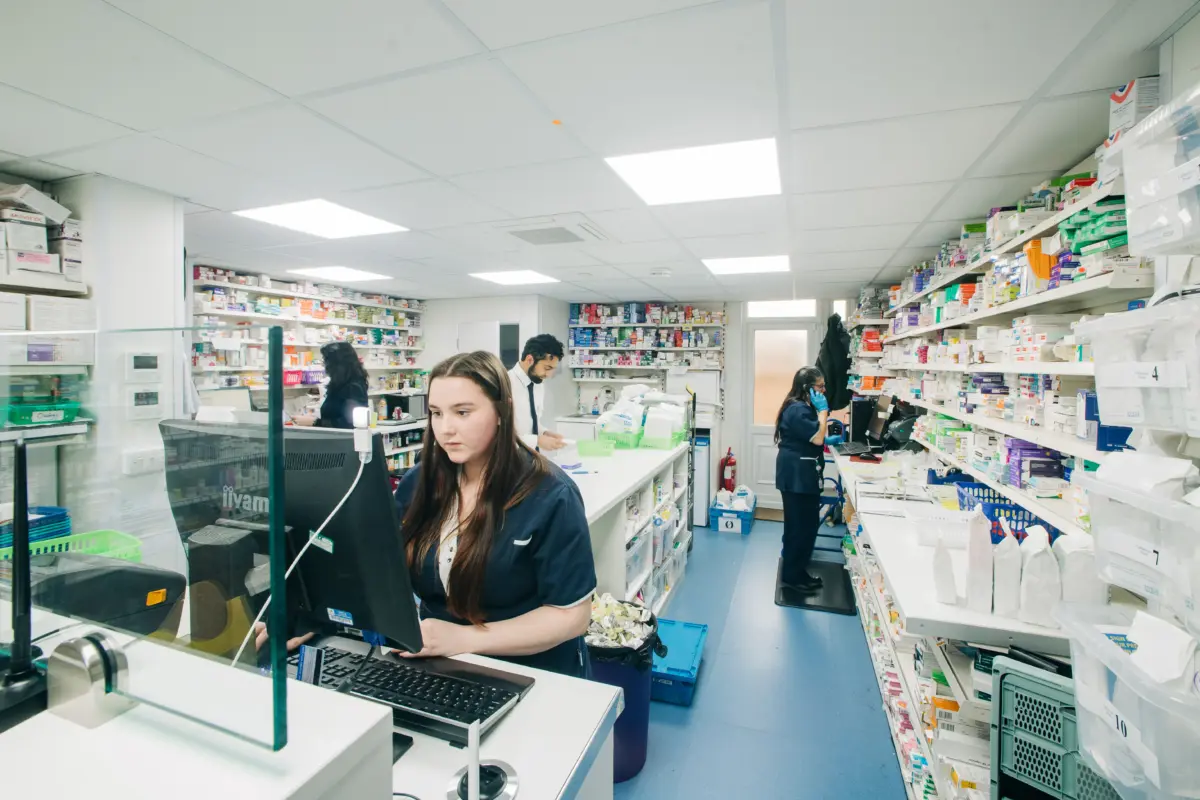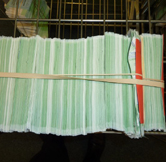Essential Service payments
Published on: 12th September 2014 | Updated on: 2nd April 2025
Fees
Pharmacy contractors receive a Single Activity Fee (SAF) for every item dispensed including medicines and appliances. This fee is currently 146p per item. For further information about the SAF see our Dispensing and Supply Factsheet: Understanding the Single Activity Fee
Pharmacy contractors can also claim a range of additional fees which are set out in Part IIIA of the Drug Tariff including fees for things such as dispensing unlicensed specials or imports, measuring and fitting hosiery and trusses and dispensing controlled drugs.
Pharmacy contractors also receive an expensive prescription fee equivalent to 2% of the net ingredient cost of items dispensed that cost over £100.
In 2005, the urgent (out of hours) additional fee was removed from the national arrangements. Out of hours arrangements are now commissioned locally by local NHS England teams (of NHS England and NHS Improvement (NHSE&I)) to meet local need. Information on any locally agreed arrangements in your area is available from the local NHS England team or your LPC.
Discharge Medicines Service
The Discharge Medicines Service (DMS) became a new Essential service within the Community Pharmacy Contractual Framework (CPCF) on 15th February 2021.
A setup fee of £400 has been agreed to cover the costs of preparing to provide the service, principally training staff and putting in place a standard operating procedure for the service.
Contractors providing the full service will be paid a fee of £35.
Where only part of the service can be provided, in certain circumstances defined in the Drug Tariff, contractors will be paid a partial payment:
Stage 1: £12
Stage 2 £11
Stage 3: £12
Contractors will make a monthly claim for completed DMS provisions via the NHSBSA’s Manage Your Service portal.
Pandemic Delivery Service
Information on this C-19 related service can be found on Community Pharmacy England’s Pandemic Delivery Service information section.
Historical payment information for Essential Services
The Transitional Payment was introduced as part of the five-year funding agreement in 2019/20, to recognise pharmacy contractors’ work to invest in and improve dispensing efficiency, including the training of staff in anticipation of legislative change, as well as the transformation needed in community pharmacy to deliver the vision set out in the five-year agreement.
It was intended that the Transitional Payment would reduce over the course of the agreement, as new services came on stream and funding was allocated to the related service fees.
From February 2023 it was determined by the Department of Health and Social Care (DHSC) that Transitional Payments would be reduced to zero. This was opposed by Community Pharmacy England. Please see the following links for further information.
DHSC to remove Transitional Payments from February 2023.
FAQs on Transitional Payments.
[/shpwhide]
Until March 2021, pharmacy contractors were eligible to receive Establishment Payments if they dispensed over a certain volume of prescription items in a given month. The payments levels were set out in Part VIA of the Drug Tariff.
Prior to December 2016, Establishment Payments for eligible pharmacies were equivalent to between £23,278 and £25,100 annually, with payments made in 12 monthly instalments depending on the prescription volumes dispensed in each month. If pharmacies fluctuated between item volume tiers they may have been eligible to claim a ‘top up’. At the end of each 6 month period between April-September and October-March, if the total amount a pharmacy contractor had received through the monthly establishment payments was less than the amount which would have been paid out had the payments been calculated on a 6 month basis, a pharmacy contractor could claim a ‘top up’ payment by following the procedure laid out in the Drug Tariff.
From December 2016 onwards, the Establishment Payments were a purely monthly payment and no top up could be claimed. The value of the monthly Establishment Payments was also reduced in December 2016 to 80% of it’s previous value. Further reductions occured over the next 5 years until the Establishment Payments were completely phased out at the end of March 2021, in accordance with the announcements made by the Government as part of its 2016/17 & 2017/18 funding imposition.
Practice Payments were removed for English pharmacies in December 2016. The last period that was eligible for claims for English pharmacies was April – November 2016. For information on previous arrangements see our ‘Practice Payments information’ below. Since December 2016, pharmacy contractors in England are no longer required to declare the total number of pharmacy staffing hours on their end of month FP34C submission document.
Prior to December 2016, pharmacy contractors were eligible to receive Practice Payments which included a contribution for the provision of auxiliary aids for people eligible under the Equality Act (2010). The payments levels were set out in Part VIA of the Drug Tariff.
From 1st October 2005, pharmacies were required to have minimum dispensing support levels in order to receive the full Practice Payment. Reduced levels of payment applied where pharmacists did not regularly employ the specified level of support. The requirements were set out in Part VIA of the Drug Tariff. There were no changes to the required staffing levels up to December 2016.
These levels do not reflect desirable staffing levels. They are a bare minimum below which no pharmacy could meet the contractual framework service requirements. For most pharmacies higher staffing levels will be required to provide these requirements. Pharmacies that could not demonstrate that they employ dispensing support staff at these levels only received the payment levels associated with their actual level of staffing. So for example a pharmacy dispensing 7,000 items a month with staffing levels of 75 hours per week received Practice Payments at the level for 5,000 items, not the level for 7,000 items. Detailed guidance on making the declaration of dispensing staff hours is available by clicking on the link below:
Guidance on Declaring Dispensing Staff Levels
At the end of each 6 month period between April-September and October-March, if the total amount a pharmacy contractor has received through the monthly Practice Payments is less than the amount which would have been paid out had the payments been calculated on a 6 monthly basis, a pharmacy contractor can claim a ‘top up’ payment from their local NHS England team. Click on the link below to access more detailed information and a template claim letter:
Claiming an Practice Payment ‘Top-up’
Practice Payment VAT rates
Before October 2008, 10% of the Practice Payment was deemed by HMRC to be subject to VAT. This reflected specific sums that were paid to contractors via the Practice Payment covering the disposal of unwanted medicines and signposting. The increase in the Practice Payment from October 2008 represents increased funding to cover the cost of dispensing medicines which is zero rated. Revised guidance on how the Practice Payment should be apportioned is available in the VAT Section of the Community Pharmacy England website.
One aspect of the funding adjustment process is increases of the thresholds governing receipt of the Establishment Payment (and until December 2016 the per-item Practice Payment). These were initially set in April 2005 on the introduction of the national contractual framework and have been increased several times since October 2006, typically by 3% (allowing for rounding). The principle of increases to reflect increase in dispensing volumes was agreed as part of the contractual framework. In practice increases have been restricted to 3%. If these had increased at average market levels then the latest (October 2013) basic threshold would stand at around 3000 not 2430 items per month.
At the end of each 6 month period between April-September and October-March, if the total amount a pharmacy contractor has received through the monthly Establishment Payments is less than the amount which would have been paid out had the payments been calculated on a 6 month basis, a pharmacy contractor can claim a ‘top up’ payment from their local NHS England teams. Click on the link below to access more detailed information and a template claim letter:
Until December 2016, all pharmacy contractors received an annual repeat dispensing payment of £1,500, not only those contractors dispensing repeat prescriptions. This was paid monthly calculated as 1/12th of the annual payment (£125 per month).
Pharmacies received £2600 in 2005/06 linked to deploying Release 1 of the Electronic Prescription Service. A further allowance of £1000 was paid linked to a pharmacy deploying EPS Release 2, the claim deadline for which is 31st March 2017. Until December 2016, pharmacies could claim a £200 on-going monthly allowance once they are EPS enabled. See the EPS section of the website for more information.
For more information on this topic please email funding.team@cpe.org.uk


